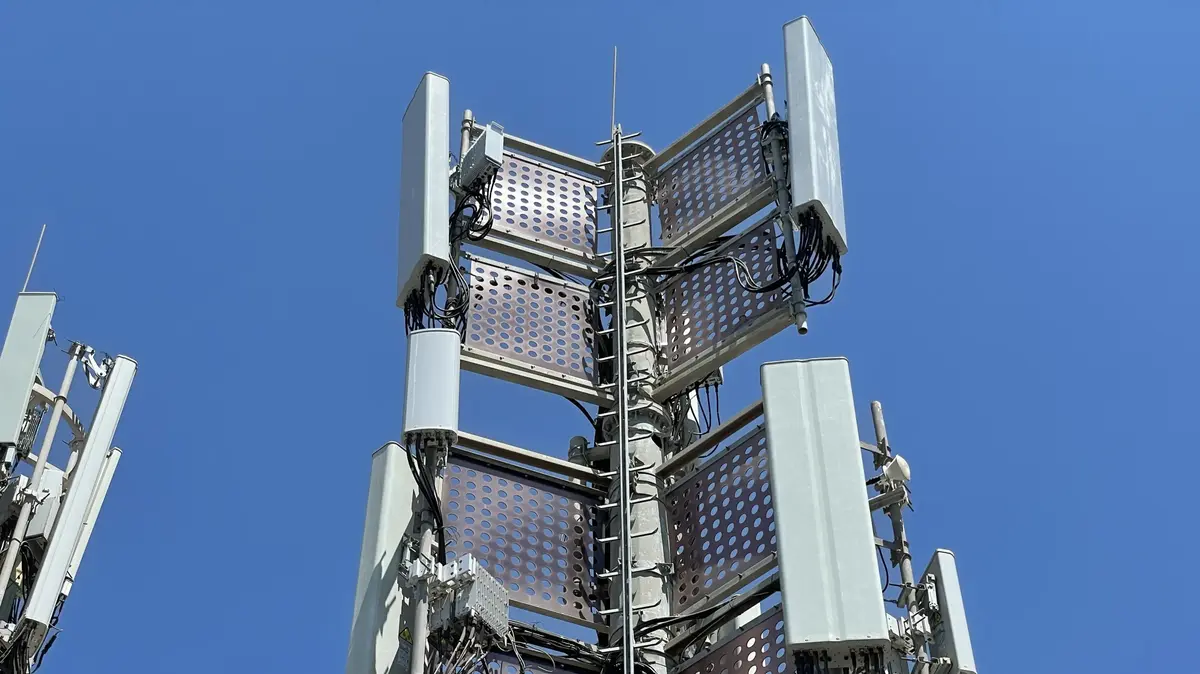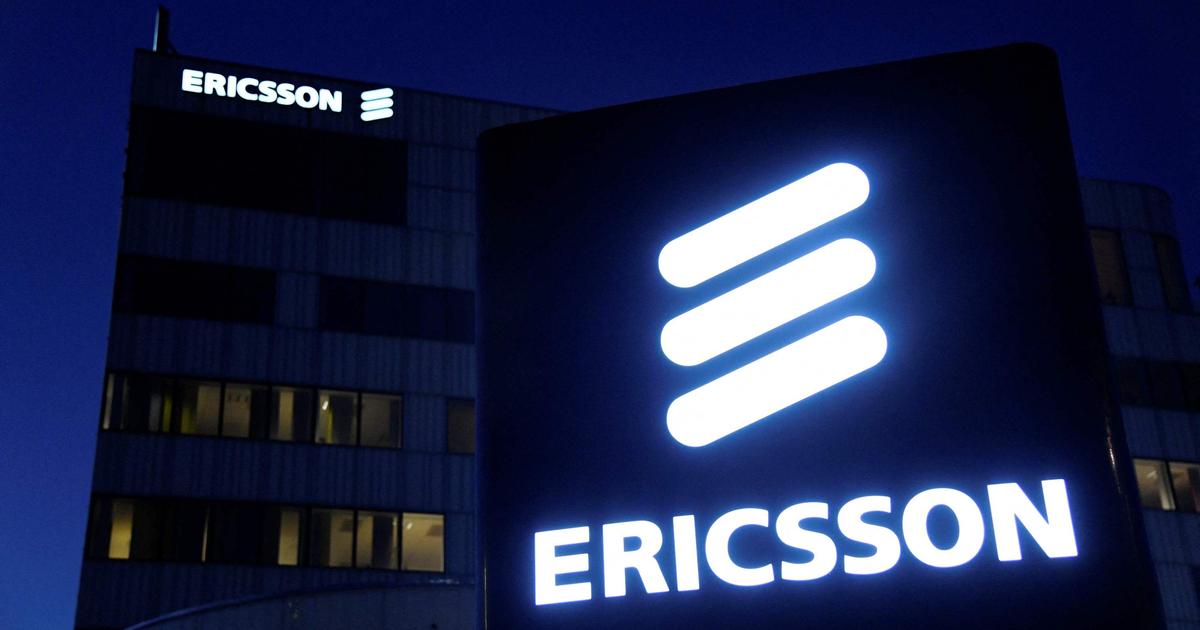Mobile phone companies warn of losses in network quality if they have to remove Chinese components from their networks at short notice.
This analysis is available
to IPPEN.MEDIA
as part of a cooperation with the
China.Table Professional Briefing -
China.Table
first published it
on March 20, 2023
A Civey survey commissioned by Table.Media shows that customers are quite willing to forego expansion speed for greater security.
A clear majority of adult Germans would accept a lower expansion rate in mobile communications if they did not use Huawei technology in the network.
This is the result of a survey by the research company Civey on behalf of Table.Media.
Mobile phone companies such as Telekom, Vodafone and Telefónica had warned in the course of the security debate about Huawei last week that an expansion of Chinese components could be at the expense of network quality.
However, potential customers would obviously understand slower Internet access on the go if there was less Chinese technology on the network.
After all, 60 percent of those surveyed answered "yes" or "rather yes" to the question: "In your opinion, should Germany do without Huawei technology despite possible effects on the speed of expansion of the 5G network?"
Table.Media newsletter
Get 30 days free access to further exclusive information from the
Table.Media Professional Briefings
- the decisive for the decisive in business, science, politics, administration and NGOs.
At the beginning of the week before last, Federal Interior Minister Nancy Faeser triggered a new debate about the Chinese mobile communications equipment suppliers Huawei and ZTE.
In an e-mail, she had asked the cell phone network operators to create lists of all Chinese parts in the networks.
Installed at a critical point, these harmed the security of Germany, was the reason.
Dismantling Chinese technology could set back 5G expansion
The survey result is also interesting in that no one has yet proven harmful properties in Huawei devices.
The whole debate revolves around the theoretical possibility that a Chinese company would act on behalf of the state of its home country in the event of a crisis.
Huawei is not a state-owned company, but in China it lives to a large extent from orders from state-owned companies.
Chinese companies are also legally obliged to cooperate with the security authorities.
However, it is highly doubtful whether there is actually a secret off switch hidden in the network computers or antennas from Huawei and ZTE.
If the government were to actually force cell phone providers to remove components that have already been installed from the networks, the companies would face a huge task.
You would have to have a large part of the mobile phone antennas in Germany converted by specialists and find a replacement for the high-quality technology from China.
If implemented consistently, this would not only slow down the ongoing expansion of the 5G network, it could even set it back.
The internet in Germany is already particularly slow.
Huawei was an indispensable telecom partner
The consulting firm Strand Consult estimates the share of Huawei components in the German 5G network at 59 percent.
In the core network of Deutsche Bahn it is 40 percent.
According to the federal government, exact, official figures are unknown.
That could be one of the reasons why Faeser is asking the providers to publish exact lists.
In any case, Huawei has long been a close partner of Telekom for the delivery of good and cheap technology.
In 2017, the very first telecom advanced antennas came from Huawei.
As recently as 2020, the Chinese supplier was still considered indispensable for being at the forefront of technology.
The old federal government under Angela Merkel was therefore looking for a compromise: more control over what the devices actually do - but still an open door for the Chinese partner.
Russia's war fuels distrust
But that was all before the turning point.
The assessment of strategic risks has become stricter after the Russian invasion of Ukraine - both in the government and in the public.
And: Anyone who can intervene in the technical infrastructure of a country can paralyze it.
The EU is also putting pressure on to make the networks more European and thus protect them more against geopolitical risks.
Indeed, the gas shortages were benign compared to a scenario in which data networks collapse.
No mobile communications, no company network, no bank transfers, no cashless payments, no withdrawals, no stock trading.
Electricity and water supply could also be influenced via the networks.
Life would be wasted.
Before February 2022, all of this sounded like a highly theoretical scenario, science fiction, almost unimaginable as reality.
The Energy War now makes it feel a bit more real.
Big differences between party camps
What is striking about the current survey is that supporters of the Greens are particularly critical of the use of Chinese technology;
81 percent of them are willing to sacrifice speed in network expansion in order to do without Chinese components.
Distrust in China appears to be lowest among supporters of the left.
Here the comparative value is 38 percent.
SPD and CDU voters are in the middle, close to the average.
At 70 percent, young respondents under the age of 29 are somewhat more willing to do without Huawei than pensioners at 59 percent.
The middle age group of 40 to 49 has the fewest problems with China technology if the network just runs faster.
Huawei increases self-reliance in China
Huawei itself is already suffering from sanctions on several fronts.
The US punitive measures have not only cut the company off to a large extent from the local market, but also from access to technology from the USA and important allies.
However, the company knows how to help itself.
According to a report by the South China Morning Post, technicians there have already redesigned 13,000 components so that they now do without US imports or licenses.
In order for a board to use another vendor's chip, it often has to be completely redesigned, even if the function is essentially the same.
The engineers at Huawei in Shenzhen therefore had to redesign 4,000 circuit boards, company boss Ren Zhengfei reported in a speech at Nanjing University.
Ren spoke about Huawei overcoming US sanctions.









